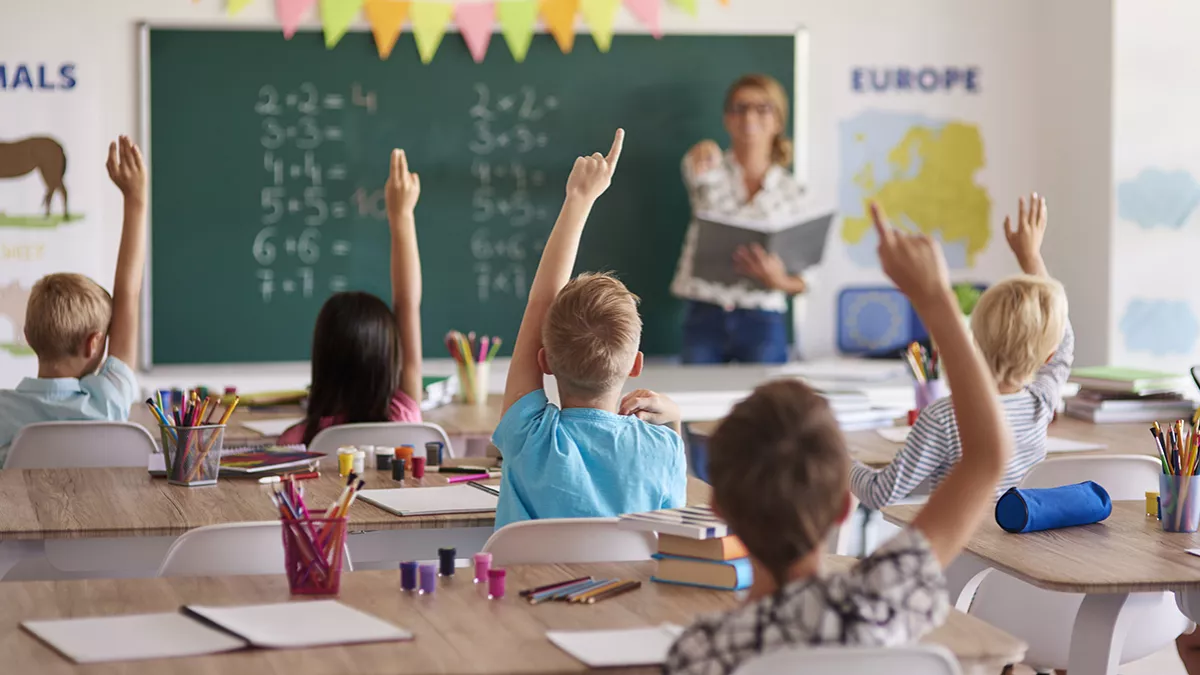KHDA announced that a learners passport will now be issued to every newborn in Dubai to track their educational journey
03 Oct 2024
News
On Wednesday, the Knowledge and Human Development Authority (KHDA) announced during the presentation of 'Education Strategy 2033' that every newborn in Dubai will now receive a learner's passport to track their educational journey and assist parents in making educated decisions about their children's education.
The Dubai Health Authority will work with the system's implementation.
Every child's right to education is guaranteed by the Learning Passport, as stated by Aisha Miran, director-general of KHDA. It will track children who are of school age and register them, making sure they enrol in classes and that no youngster is denied an education. Children of compulsory school age who have not yet registered in school will be identified by the system, and swift action to ensure their education will be taken right away.
Practical steps to implement the new education strategy as per Aisha Miran:
1. Increasing parental awareness: The ministry will enlighten parents about their responsibilities and offer guidance on various educational possibilities, including as academic and professional routes.
2. Developing teachers: The focus will be on strengthening teachers' skills and educating them using current ways to increase education quality.
3. Offering a variety of educational alternatives: Giving students a range of options, including vocational education, will enable them to select courses that meet the demands of the job market.
4. Early field training programs: To better grasp the job market and obtain real-world experience, students will take part in early field training.
5. Determining the requirements of each student: Customised lesson plans will result from the identification of pupils who need assistance through individual evaluations.
6. Fostering Arabic language proficiency and cultural identity: In order to protect legacy in a multicultural society, the plan will strengthen Arabic language proficiency and cultural identity.
7. Working together to accomplish strategic goals with other educational stakeholders, such as universities and private schools.
8. Nationalising education and adding three thousand more Emirati teachers, or ten percent, to the teaching workforce.
Since many kids prefer to speak English, which has caused their proficiency in Arabic to diminish, the plan will also concentrate on encouraging kids to utilise the Arabic language.
